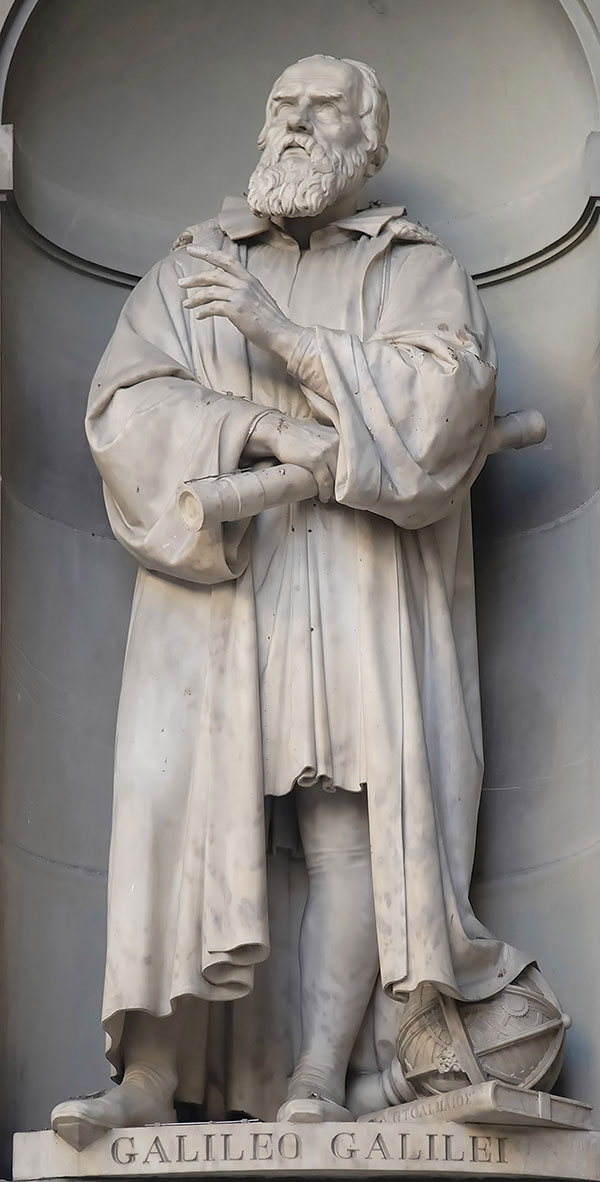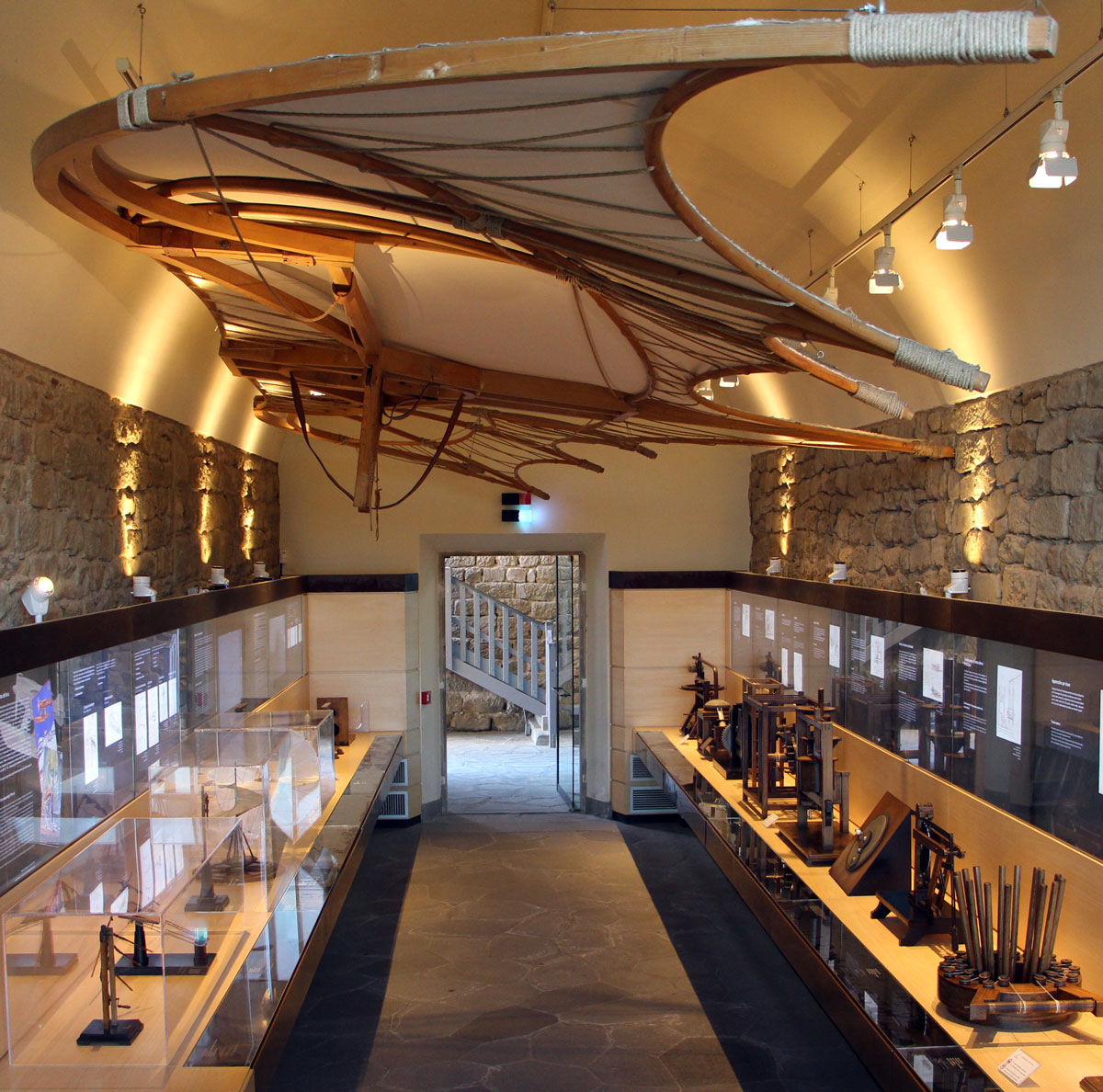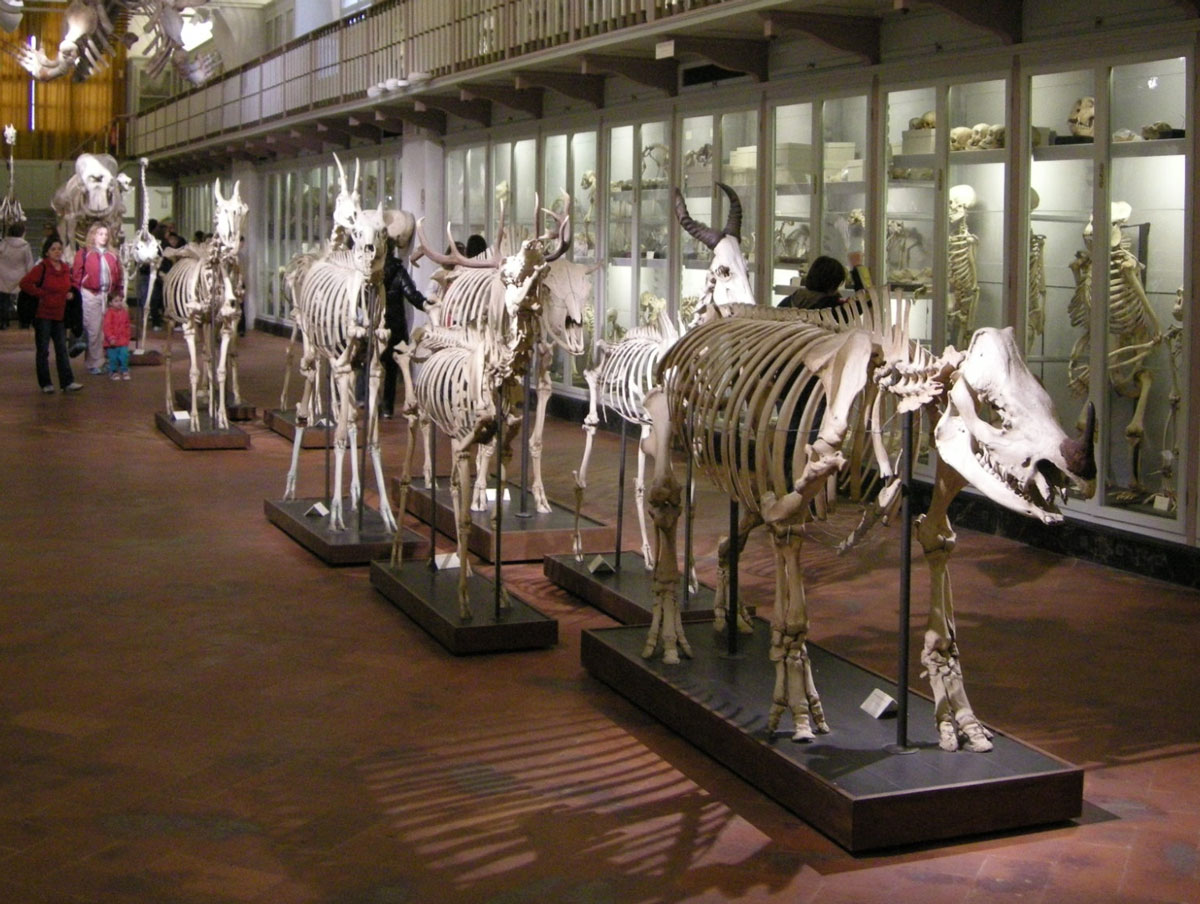Science in the heart of Florence
The Villa dei Bosconi Itineraries
Florence is not just art: the city of the lily has always been a meeting place for the greatest geniuses in our history and, for a long time, outstanding personalities chose the Medici lands, and the rich subsidies of the local lords, to pursue their studies. Let us take this opportunity to construct a special itinerary.
Recommended itinerary
- Museo Galileo
- Planetario
- Museo Leonardo da Vinci
- Museo di Storia Naturale – La Specola
- Giardino di Archimede
Science in the history of Florence
From the beginning of the Renaissance, the Medici family used to support the research of the most famous luminaries. Understanding the importance of scientific development for a state, the Lords of Florence were munificent patrons of anyone with above-average intellectual ability.
In fact, many famous Renaissance artists were also scientists, and among them such personalities as Leonardo da Vinci, Galileo Galilei, Filippo Brunelleschi and Leon Battista Alberti stood out for their versatility, as masters of various scientific arts as well as the artistic arts for which some of them are most renowned.
But Florence’s scientific versatility did not stop with the Renaissance, and the city’s appeal to great personalities also led various scientists to settle in the city of the lily in the following centuries. Among them, it is impossible not to mention the Nobel Prize winners Guglielmo Marconi and Enrico Fermi, but also other luminaries such as the physician Antonio Cocchi, the botanist Pier Antonio Micheli and the botanist Felice Fontana, among many others.
These personalities have left vivid testimonies throughout the Florentine city, making it easy to create an itinerary to get to know them and to understand how Florence has set milestones in global scientific research.
How best to get around Florence’s science museums
The first place we would recommend is the Museo Galileo. The museum’s extensive collection, with more than a thousand instruments on display, will allow you to take a full immersion in the scientific research methods of the Pisan genius. Among them are the various telescopes used by Galileo himself in his observations.
There are also many practical science stands, showing visitors how a lightning rod works, for example, or the practical use of levers and barometers, and then letting them be fascinated by hundreds of amazing optical effects.
Following an ideal route, you can continue the itinerary to the Planetarium, also in the city centre. Located inside a large dome, it can hold up to 50 people and the visits are guided, with very interesting lessons, by expert astronomers from the Arcetri Astrophysical Observatory.
A unique experience for those who love the stars and the secrets of the universe, spiced up by the presence, in the vault, of a faithful reproduction of the visible celestial bodies.
The next stop, almost a must for anyone wishing to discover Florence, is the new museum dedicated to the inventions of Leonardo Da Vinci. Built on two floors, its 500 m² of exhibition space houses more than 120 models attributable to the Italian genius.
Among the various exhibitions, the one in the room where Leonardo’s anatomical studies can be seen by the public is very interesting and recommended, while for children there will be educational workshops dedicated to them and it will be possible to watch a documentary on the life and works of the Master of Vinci. The museum’s great hall of arms is undoubtedly noteworthy, and its ceiling is decorated with a beautiful fresco by the Vasari school.
The last two stops
Our journey continues with a visit to the Museum of Natural History ‘La Specola’, proud owner of one of the largest zoological collections in the world, including the largest collection of 18th century anatomical waxes in the world. The exhibition includes over 5,000 pieces of naturalised specimens, out of the three and a half million held by the museum, covering all animal species from invertebrates to large mammals.
Finally, if we move slightly away from the historical centre of Florence, we can reach the Giardino di Archimede, an extraordinary museum dedicated entirely to mathematics, the first in Italy. Here you can approach the complex world of mathematics with extreme simplicity, thanks to interactive games and by-passing formulas and notions to be tiredly memorised, and having fun discovering how beautiful it is to learn. A museum, therefore, suitable for everyone.




